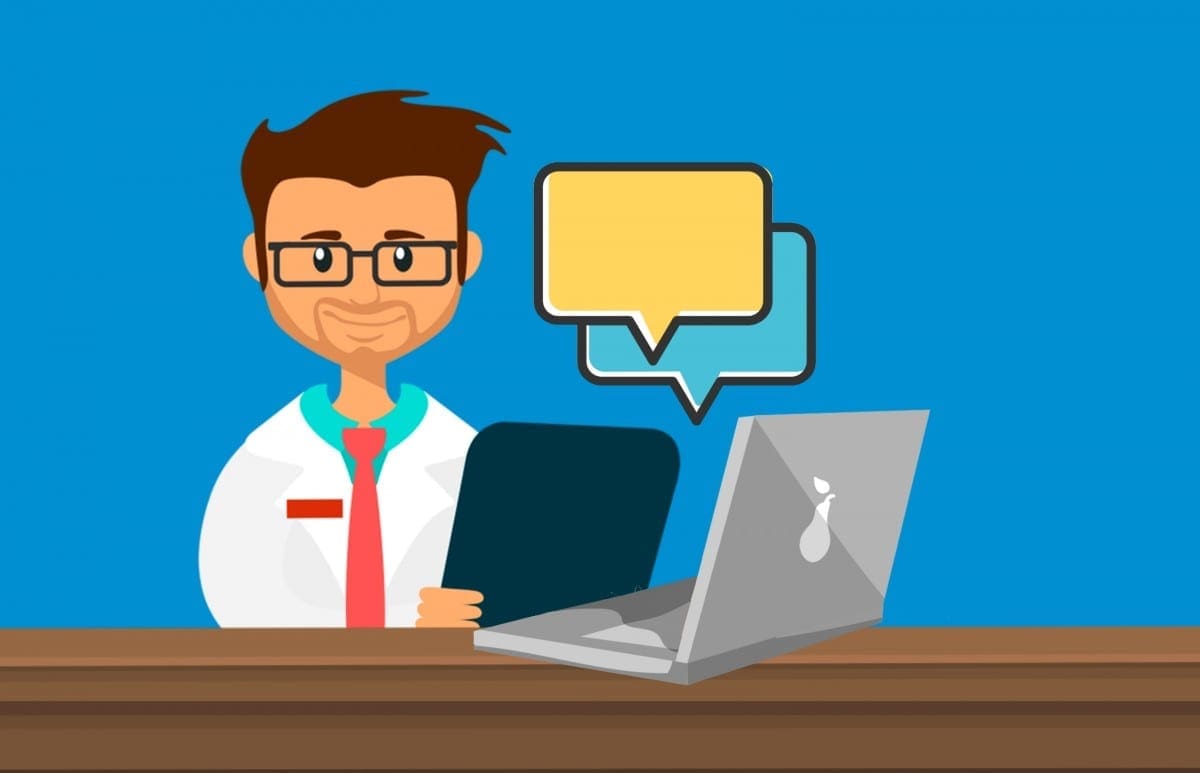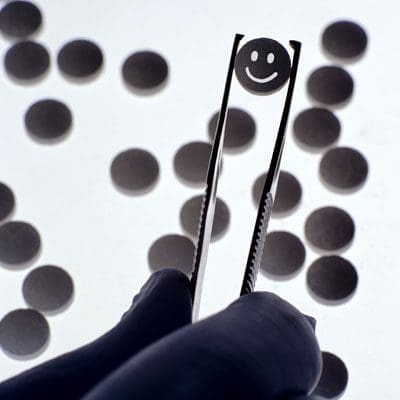
Impulse control disorder is one of the lesser-known mental health conditions affecting youth and adults. It is characterized by impulsive behavior and the lack of ability to control one’s impulses. Other conditions such as borderline personality disorder and ADHD can have similarities to impulse control disorder. However, they are different conditions altogether.
Read on to learn all you need to know about impulse control disorder and the treatment options available.
What Is Impulse Control Disorder?
Impulse control disorder causes problems with impulse control, as the name suggests. Some of the most common symptoms of this disorder include:
- Compulsive lying
- Risky behaviors (drugs, alcohol, sex)
- Poor social skills
- Inability to say “no” to the inner voice
- Irritability
- Criminal behavior (stealing, setting fires, aggression against animals and other people)
- Obsessive or compulsive thought patterns (or both)
- Depression
- Anxiety
- Isolation
 These symptoms can also be seen in some patients with personality disorders such as borderline personality disorder and antisocial personality disorder. However, in impulse control disorder, the only symptoms experienced are related to impulsivity. In those with other symptoms, a therapist may want to look at alternatives.
These symptoms can also be seen in some patients with personality disorders such as borderline personality disorder and antisocial personality disorder. However, in impulse control disorder, the only symptoms experienced are related to impulsivity. In those with other symptoms, a therapist may want to look at alternatives.
This condition is common in children and adolescent girls as well.
What Treatment Options Are Available for Kids?
For children and adolescents experiencing this distressing disorder, it’s a good idea to offer treatment early on. The condition can be worked on and cured with the right type of treatment.
For kids that are acting out with criminal or risky behaviors, the best bet for treatment is often a residential behavioral facility. These locations will care for the child until they are able to learn chores, skills, and better behavioral options.
Therapy is also an outlet. If your child is experiencing impulse control problems, art therapy may help them release some of their pent-up energy.
What Treatment Options Are Available for Adults?
There are not as many treatment options for adults with impulse control disorder. However, treatment does exist.
Some of the top treatment options for adults include:
- Cognitive-behavioral therapy (CBT)
- DBT (dialectical behavior therapy)
- Medication to treat anxiety and depression symptoms
- Online counseling
- Rehabilitation for drug/alcohol abuse
- Psychiatric ward in the hospital
 It’s essential to work on this condition as soon as possible as an adult, especially if you struggle with not committing crimes or partaking in illegal substances. Many adults with impulse control problems end up in prison due to unlawful activity. These behaviors are better monitored in children because the child is not tried as an adult in court.
It’s essential to work on this condition as soon as possible as an adult, especially if you struggle with not committing crimes or partaking in illegal substances. Many adults with impulse control problems end up in prison due to unlawful activity. These behaviors are better monitored in children because the child is not tried as an adult in court.
One of the best therapies for behavioral issues is DBT, which allows patients to work through a workbook and learn new ways to deal with emotional regulation and distress. With medication and frequent therapy at Cleveland Ohio Autism Therapy Center, recovery is possible.
If you have this condition and hope to change your life, know that you’re not alone. Your struggles do not mean that you are bad or unworthy of help.
Conclusion
Now that you’ve learned about the treatment options available checkout BetterHelp’s articles on impulse control disorder to learn more about the condition and what you can do to get better.
 About the Author: Marie Miguel has been a writing and research expert for nearly a decade, covering a variety of health-related topics. Currently, she is contributing to the expansion and growth of a free online mental health resource with BetterHelp.com. With an interest and dedication to addressing stigmas associated with mental health, she continues to specifically target subjects related to anxiety and depression.
About the Author: Marie Miguel has been a writing and research expert for nearly a decade, covering a variety of health-related topics. Currently, she is contributing to the expansion and growth of a free online mental health resource with BetterHelp.com. With an interest and dedication to addressing stigmas associated with mental health, she continues to specifically target subjects related to anxiety and depression.




Be the first to comment